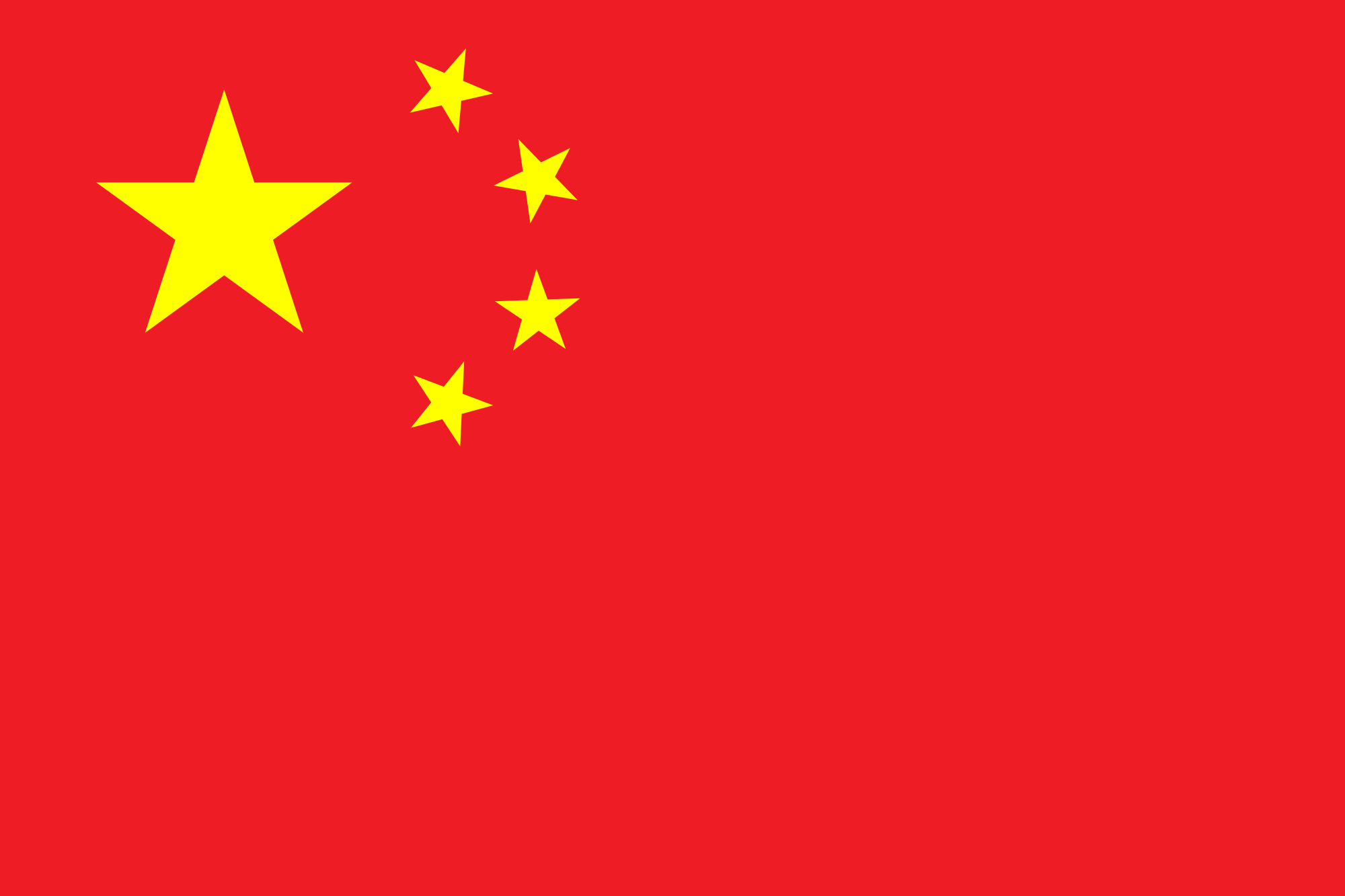The think tank has released such policy agendas in every presidential election year since 1980. At that time, Heritage released the well-known Mandate for Leadership, a series of books spanning some 3,000 pages. That blueprint was titled Mandate for Leadership in subsequent years, and was last published under that name in 2005.
Nevertheless, the decades-old document is alive and well, albeit under a different name. In fact, Heritage chief Ed Feulner penned a piece in The Washington Times saying that the new Blueprint is the "latest" in the think tank's "Mandate for Leadership" series.
Mandate for Leadership was dubbed "the bible" of the Reagan White House by the Washington Post, and "provided a step-by-step guide to how to transform conservative principles into government policy."
Heritage's new report says that the next president and US Congress should pursue a number or proposals, including:
- Pro-growth tax reform
- Balancing the budget
- Reducing regulatory burden
- Repealing "harmful" laws such as Obamacare and Dodd-Frank
- Rebuilding the military capabilities of the US
- Welfare reform
The Blueprint calls for reducing total US spending by $10 trillion over 10 years and balancing the federal budget by 2024. Among other things, it also calls for closing most of the Department of Energy.
The full Blueprint for Reform report, which spans more than 130 pages, can be found here.
The Washington Times notes that the Blueprint offers "scores" of policy recommendations for the next administration. A Heritage analysis of the Republican Party's platform notes that the 2016 platform has many of the same ideas as Heritage's Blueprint; others note that the Blueprint has a "competing" anti-poverty plan than House Speaker Paul Ryan (R-WI).
A number of advisers to Donald Trump are housed within the Heritage Foundation, including Stephen Moore (who is helping write Mr. Trump's tax plan). Heritage was also tapped to select a list of potential nominees to the Supreme Court should he become president.
Morning Consult says that Heritage hopes their plan will be embraced by the Trump transition team if Mr. Trump wins the presidency. Heritage has said that it has been in contact with Trump's campaign policy team and that the campaign was "very interested" in Heritage's views. However, Morning consult notes that there is distance on some issues between the Heritage approach and Trump's campaign rhetoric.
Think Tank Watch should note that Heritage says it does not endorse any political candidate or party. And James Jay Carafano of Heritage reminds us that anyone can use the Blueprint.
